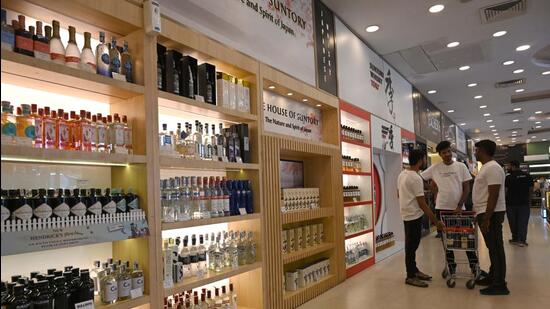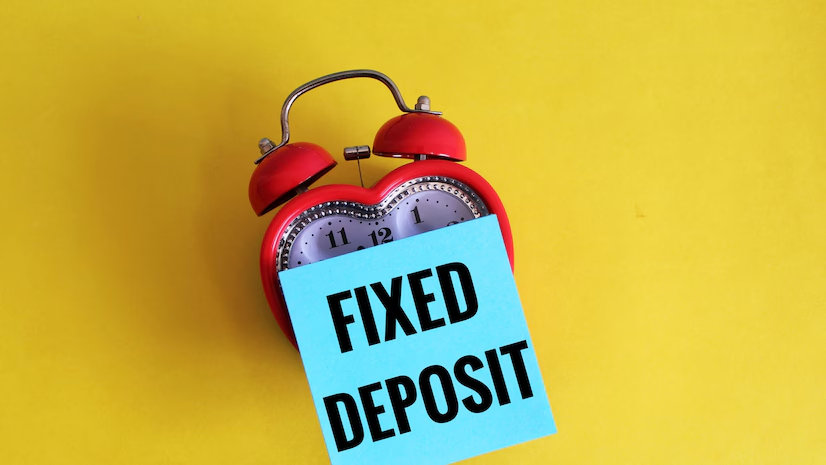Now Reading: Excise duty on liquor goes up by over 50%, retail prices to rise from 14% to 60%
-
01
Excise duty on liquor goes up by over 50%, retail prices to rise from 14% to 60%
Excise duty on liquor goes up by over 50%, retail prices to rise from 14% to 60%

Consumers across India, especially in Tier 2 and Tier 3 cities, may soon feel the pinch as the government has increased excise duty on liquor by more than 50 percent. This sharp hike is expected to push up the retail price of alcoholic beverages by anywhere between 14 percent to 60 percent, depending on the brand and category. The move is aimed at increasing state revenues but may disrupt both consumer behavior and local alcohol markets.
What the hike means for buyers
With this revision, prices of popular alcoholic drinks such as beer, whisky, rum, and wine are likely to go up. Mid-range and local brands may see the steepest rise in prices, affecting affordability for regular consumers. High-end liquor might witness a smaller increase, but its niche buyer base is expected to remain unaffected.
In smaller towns where price sensitivity is higher, customers may either reduce their purchases or switch to lower-cost alternatives.
Impact on retailers and local markets
Liquor shop owners, especially in states like Madhya Pradesh, Chhattisgarh, and Maharashtra, are bracing for a possible drop in sales. Many say that while government revenue may rise initially, the long-term impact could include reduced demand and a shift towards unregulated markets.
Some vendors worry the increase may also fuel illegal liquor sales, a concern that has been historically tied to sudden price hikes in the past.
Public and economic reactions
Public sentiment has been mixed. While some support the hike as a health-oriented policy to discourage alcohol consumption, others argue it unfairly impacts lower-income groups and small traders. Economists point out that while excise duties are an important source of revenue, repeated and sharp hikes can create market imbalance.
For Tier 2 cities, where many consumers are budget-conscious, this change could lead to a visible dip in routine alcohol consumption.
Conclusion
The excise duty hike on liquor is likely to reshape both consumer spending patterns and local business strategies. As retail prices climb, states may benefit from short-term revenue gains, but the broader economic and social impact remains to be seen. For now, the bottle is still on the shelf but fewer may reach for it.

























